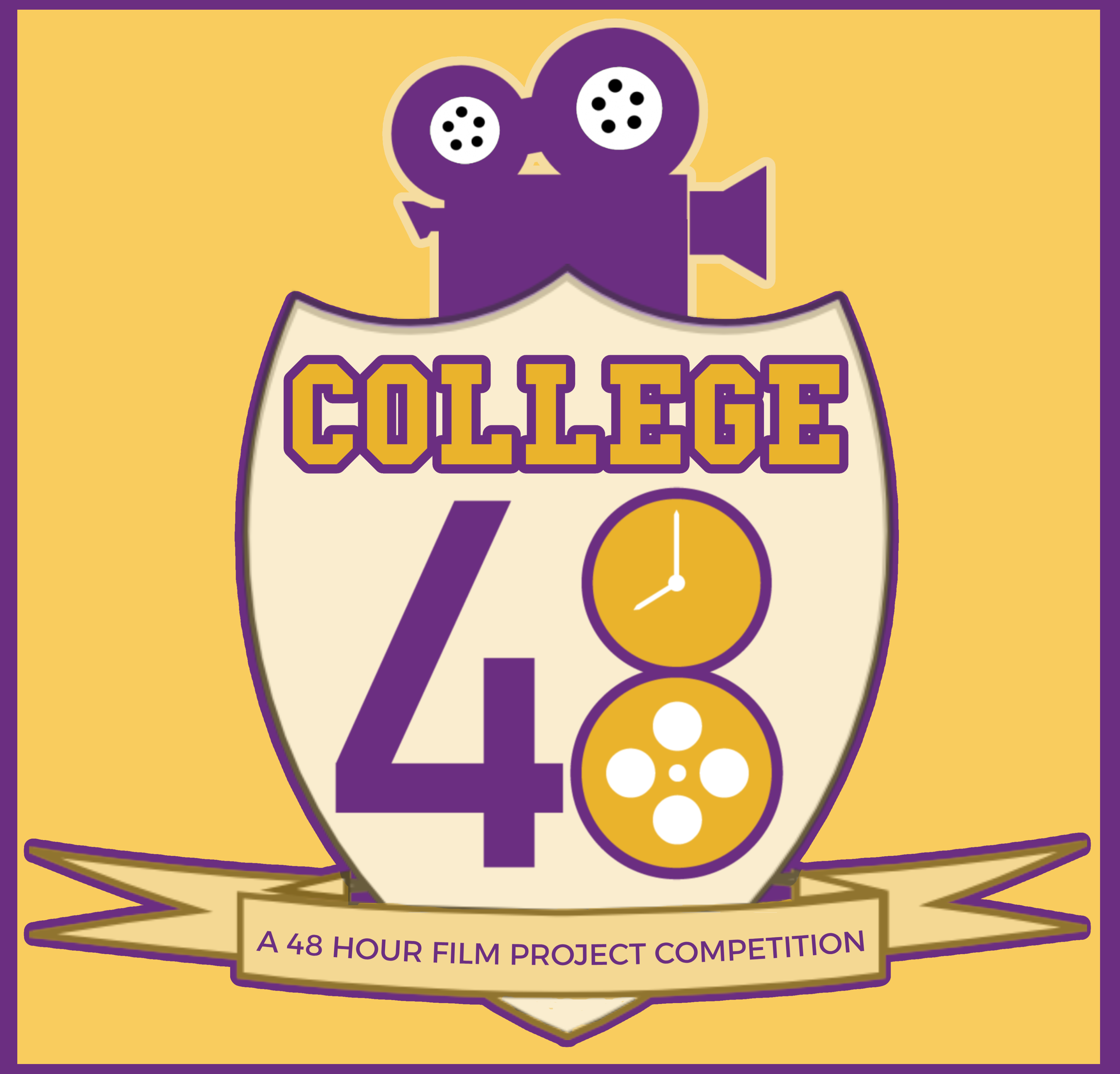Argentina 4
Listen to Argentina 4, a 48-year-old woman from Wilde, Buenos Aires Province, Argentina. Click or tap the triangle-shaped play button to hear the subject.
Both as a courtesy and to comply with copyright law, please remember to credit IDEA for direct or indirect use of samples. IDEA is a free resource; please consider supporting us.
BIOGRAPHICAL INFORMATION
AGE: 48
DATE OF BIRTH (DD/MM/YYYY): 1958
PLACE OF BIRTH: Quilmes, Argentina (in greater Buenos Aires)
GENDER: female
ETHNICITY: Caucasian
OCCUPATION: English teacher, undergraduate student of philology
EDUCATION: Bachelor’s degree in education
AREA(S) OF RESIDENCE OUTSIDE REPRESENTATIVE REGION FOR LONGER THAN SIX MONTHS:
At the time of the recording, the subject had been living in Spain for six years. She indicates that she traveled and studied in the UK for an unspecified period of time.
OTHER INFLUENCES ON SPEECH:
The subject studied English from age 11 at a private language school, with non-native English speakers. In order to improve her practical usage of English, she listened extensively to popular music in English, saw films in English and read plays aloud. Her paternal grandparents were from Galicia, Spain, and her maternal great-grandparents were from Liguria and Calabria, Italy. The subject expresses a keen interest in English, Spanish and Portuguese dialects.
The text used in our recordings of scripted speech can be found by clicking here.
RECORDED BY: N/A
DATE OF RECORDING (DD/MM/YYYY): 27/08/2006
PHONETIC TRANSCRIPTION OF SCRIPTED SPEECH: N/A
TRANSCRIBED BY: N/A
DATE OF TRANSCRIPTION (DD/MM/YYYY): N/A
ORTHOGRAPHIC TRANSCRIPTION OF UNSCRIPTED SPEECH:
Well, I’m Argentinian. I was born in Quilmes, a city in greater Buenos Aires, but I grew up an’ studied in another city called, uh, Wilde [two syllables], or Wilde. The odd thing about this name is that it doesn’t refer to the British, uh, writer Oscar Wilde, but it does refer to a well-known medical doctor called Jose Daniel Wilde. OK, um, I’ve been living in Spain for six years now. I started studying English when I was 11 years ol’, an’ I’m still stud’ing it. Um, eh, I was lucky to have a very good nominating teacher of English, who encouraged me a lot to go an’ study the language. Once I finished high school, I started to study English at the university. Unfortunately, I couldn’ finish my studies. Still, I went on stud’ing on my own. In 1994, I went to the U.K. to travel an’ study. Then in 1997 I went to the U.S. In the year 2000, I came to Spain, together wi’ my husband an’ son. Uh, I’m really keen on social linguistics, m– mainly on the different kinds of– or varieties of Spanish, English and Portuguese. Uh, cctually I– I came across the site in search of recordings of English dialects. Uh, people here in Spain love my variety of Spanish, actually, Argentinian Spanish. They say is sounds sweeter than their own Spanish. Well, the peculiar accent of the Portenos, the habitants of Buenos Aires, is closer to the Neapolitan dialect, Italian dialect, due to the large influx of Italian immigrants to the port of Buenos Aires. Um, this immigration also influenced our Lufardo, the slang spoken in Buenos Aires and the Rio de la Plata. Now to finish, some beautiful lines from a tango called Miserar de mi Gente. [Recites in Spanish]: ¡Buenos Aires! Para el alma mía no habrá geografía, mejor que el paisaje. de tus calles, donde día a día me gasto los miedos, las suelas y el traje.
TRANSCRIBED BY: Jacqueline Baker
DATE OF TRANSCRIPTION (DD/MM/YYYY): 24/07/2008
PHONETIC TRANSCRIPTION OF UNSCRIPTED SPEECH: N/A
TRANSCRIBED BY: N/A
DATE OF TRANSCRIPTION (DD/MM/YYYY): N/A
SCHOLARLY COMMENTARY: N/A
COMMENTARY BY: N/A
DATE OF COMMENTARY (DD/MM/YYYY): N/A
The archive provides:
- Recordings of accent/dialect speakers from the region you select.
- Text of the speakers’ biographical details.
- Scholarly commentary and analysis in some cases.
- In most cases, an orthographic transcription of the speakers’ unscripted speech. In a small number of cases, you will also find a narrow phonetic transcription of the sample (see Phonetic Transcriptions for a complete list). The recordings average four minutes in length and feature both the reading of one of two standard passages, and some unscripted speech. The two passages are Comma Gets a Cure (currently our standard passage) and The Rainbow Passage (used in our earliest recordings).
For instructional materials or coaching in the accents and dialects represented here, please go to Other Dialect Services.
 IDEA: International Dialects of English Archive
IDEA: International Dialects of English Archive





